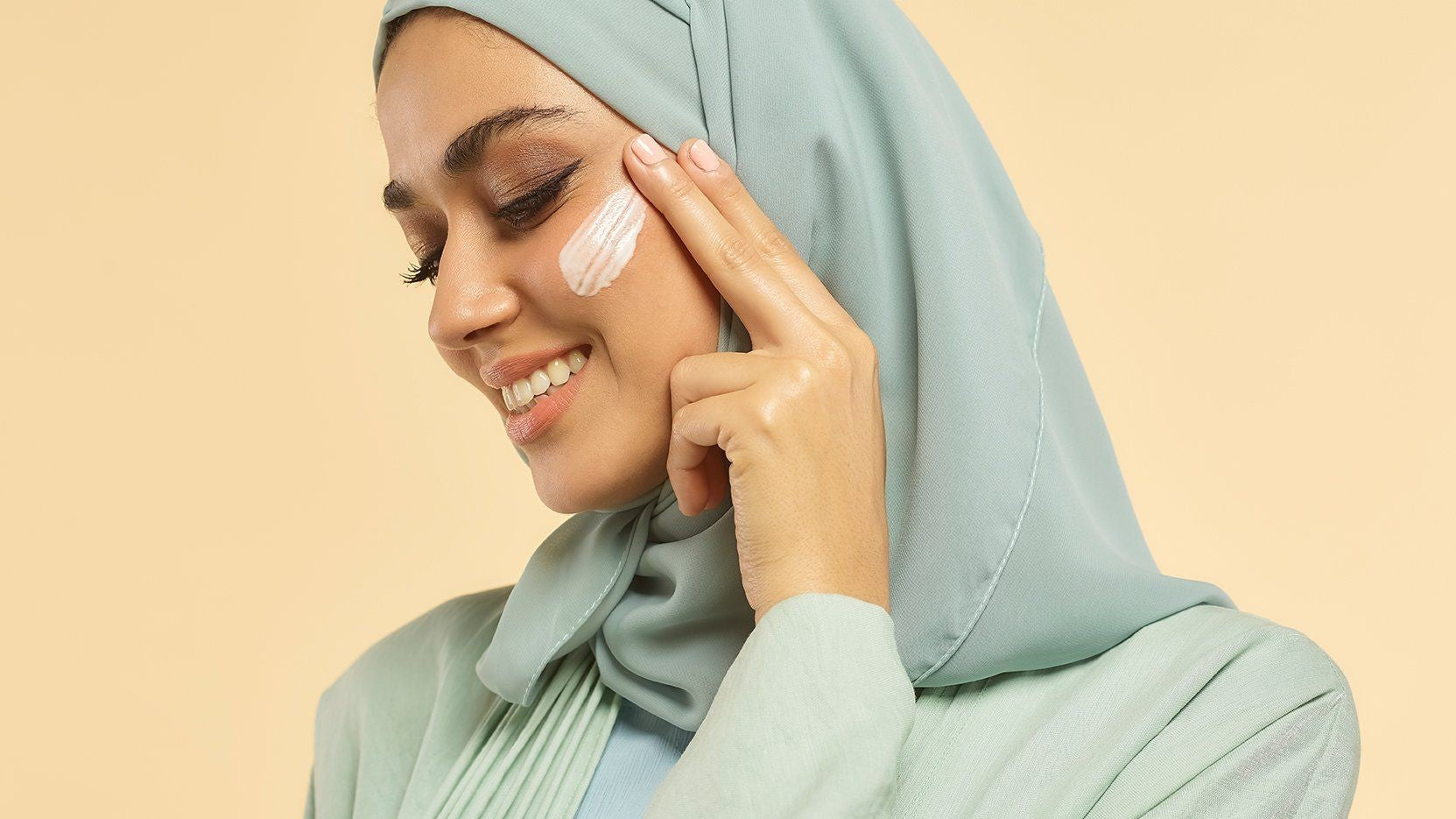Hello everyone! We're delighted that you're interested in learning how to adjust your skincare routine effectively during Ramadan.
During this sacred month, we often receive inquiries from customers about issues like dull or stress-sensitive skin. In this comprehensive blog, we'll delve into how you can leverage Ramadan to address and potentially resolve these skin concerns.
Fasting during Ramadan demonstrates discipline, and it presents an opportune time for those dealing with skin problems to adopt a stricter dietary regimen. Many skin issues can significantly improve or even vanish altogether with a focused approach to nutrition during this period.
Ramadan provides an additional opportunity to combat conditions such as acne, rosacea, or blemished skin. When approached wisely, fasting during Ramadan can offer numerous benefits for both your skin and overall well-being.
What alters during Ramadan? Key considerations and behaviors to avoid.
During fasting, your digestive system undergoes a profound relaxation, facilitating natural detoxification. This shift in mindset and emotions, coupled with drastic dietary changes, presents an opportunity to avoid unhealthy foods after sunset. While it may sound cliché, prioritizing your diet during Ramadan can yield detoxification benefits that are harder to attain throughout the rest of the year. This dietary focus may also lead to a significant reduction or even the disappearance of skin problems during Ramadan.
If you struggle with issues like impure skin, severe acne, or rosacea, we'll address this further during Ramadan by minimizing dairy intake to reduce sebum production. Skip cheese, yogurt, and that daily glass of milk with dates, as they can exacerbate the problem. Instead, opt for alternatives like oat milk, almond milk, or soy milk. Substitute cheese with hummus or a slice of chicken breast.
Opting out of gluten-containing bread during both sohor and iftar is advisable, as gluten can significantly exacerbate inflammation. You may be wondering about alternative food options. Consider enjoying banana bread, a simple gluten-free recipe devoid of harmful ingredients for your skin. Alternatively, opt for spelt crackers or corn crackers paired with hummus or a slice of chicken fillet during sohor.
Steer clear of sugars, particularly those found in tempting soft drinks during iftar! We strongly advise minimizing sugary beverage intake and opting for healthier alternatives like smoothies. Besides dairy and bread, sugars are the third culprit to avoid. Not only will this help you better manage your weight, but it will also significantly enhance your overall health, including your digestive system. Therefore, strive to reduce consumption of dairy, bread (gluten), and sugars as much as possible!
Significant decrease in moisture and energy levels during Ramadan.
However, your skin experiences significant changes during the month of Ramadan, particularly in two crucial aspects: moisture and energy levels decline considerably.
While your body derives energy from the food you consume to fuel essential organs like the heart, liver, and lungs, your skin often receives the least priority. Despite being the largest organ, it's also considered the least essential. Consequently, when you're unwell or fatigued, these effects are often reflected in your skin, evident through dryness, dark circles, blemishes, and other skin issues.
During fasting, your energy levels decrease significantly, leading to a dull complexion and fatigue within days. Combat this by treating your skin to a nourishing mask once or twice weekly and ensuring you get plenty of restorative sleep.
The significant decrease in moisture levels can lead to severe damage to your skin. Replenishing this moisture is crucial, but it becomes challenging during Ramadan when drinking water is limited during the day, and rest is prioritized at night. Consequently, restoring moisture levels is not straightforward, leaving your skin feeling extremely dry.
In conclusion, Ramadan presents a unique opportunity to prioritize our skin's health and well-being through mindful dietary choices and skincare routines. By adopting a disciplined approach to nutrition and ensuring adequate rest and hydration, we can mitigate the effects of fasting on our skin and emerge from the holy month with a radiant complexion. Remember to nourish your skin with hydrating masks and prioritize restorative sleep to counteract the decrease in moisture and energy levels. With dedication and care, we can nurture our skin and embrace Ramadan with a glowing and revitalized complexion.






